Table of Contents
ToggleIntroduction
Comprehensive jib crane maintenance training programs are crucial for equipping technicians with the skills needed to effectively service, inspect, and maintain jib cranes. Proper training ensures safe operations, minimizes downtime, enhances productivity, and significantly extends equipment life. This article, grounded in industry expertise and practical experience, highlights essential training components designed to cultivate proficient jib crane maintenance technicians.
Why Jib Crane Maintenance Training Matters
Safety Enhancement
Proper training substantially reduces workplace accidents associated with jib crane operations. Technicians trained in maintenance protocols promptly identify and mitigate safety hazards, ensuring safer workplaces.
Cost Reduction
Skilled technicians adept at proactive maintenance reduce the incidence of costly repairs and prolonged downtime. Well-maintained jib cranes deliver consistent operational performance and economic efficiency.
Asset Longevity
Effective maintenance training significantly extends jib crane service life. Technicians who perform regular, thorough inspections and address minor issues promptly prevent larger, more expensive complications.
Core Components of Effective Jib Crane Maintenance Training
Technical Understanding and Familiarity
Technicians must acquire in-depth knowledge of jib crane mechanics, operations, and types. Training programs cover:
- Types of Jib Crane: Freestanding, wall-mounted, and articulating cranes, and their specific maintenance needs.
- Mechanical Components: Structural components, bearings, pivots, hooks, and hoists.
- Operational Dynamics: Load capacities, lifting techniques, and operational limitations.
Practical Inspection Procedures
Hands-on training is essential. Technicians must gain proficiency in conducting thorough inspections, which include:
- Checking load chains, wire ropes, and hooks.
- Examining control systems and emergency stops.
- Inspecting structural integrity and mounting points.
Preventive Maintenance Techniques
Preventive maintenance forms the cornerstone of effective jib crane care. Training programs must emphasize:
- Routine lubrication of moving parts.
- Regular replacement and adjustment of wear-prone components.
- Monitoring of component lifespan and wear trends.
Technicians can enhance their understanding by reviewing Jib Crane Maintenance Tools and Products You Should Use to familiarize themselves with essential maintenance resources.
Predictive Maintenance Analytics
Training should encompass predictive maintenance analytics, leveraging real-time data and historical trends to anticipate potential equipment failures. Technicians trained in data-driven maintenance strategies significantly enhance crane reliability and ROI. For more insights, technicians can explore Jib Crane Maintenance Analytics to Improve Asset ROI.
Specialized Training Modules
Installation and Initial Setup
Proper jib crane installation directly influences ease of maintenance. Technicians require training on:
- Site assessment and installation planning.
- Foundation preparation and crane assembly.
- Conducting post-installation inspections for optimal operational efficiency.
Sustainability Practices
Modern maintenance training programs incorporate sustainability practices, emphasizing:
- Use of eco-friendly lubricants and cleaning agents.
- Efficient waste management and recycling practices.
- Sustainable upgrades and retrofitting.
Emergency Response and Troubleshooting
Rapid response to operational emergencies is vital. Training should include detailed scenarios and troubleshooting techniques addressing common jib crane issues:
- Mechanical failures
- Electrical malfunctions
- Unexpected downtime events
Benefits of Continuous Jib Crane Maintenance Training
Enhanced Operational Reliability
Technicians regularly updated on maintenance best practices ensure cranes operate at peak performance, significantly reducing downtime and maintaining consistent productivity.
Reduced Overall Costs
Continuous training ensures technicians remain proficient in proactive maintenance strategies, dramatically reducing unplanned maintenance expenditures and operational disruptions.
Improved Regulatory Compliance
Adequately trained technicians consistently adhere to industry standards and regulatory guidelines, ensuring compliance and avoiding legal complications or penalties.
For comprehensive strategic guidelines, technicians and operators may also explore the Jib Crane Maintenance Strategy for Small Industrial Sites.
Selecting a Trusted Training Provider
Partnering with an authoritative training provider guarantees high-quality educational programs. Providers like Aardwolf offer extensive crane products along with reliable training resources, ensuring technicians gain trustworthy and practical insights essential.
Conclusion: The Value of Skilled Technicians in Jib Crane Maintenance
Effective jib crane maintenance training programs create highly skilled technicians who ensure operational safety, enhance productivity, and reduce overall maintenance costs. Investing in comprehensive training ensures technicians gain the essential experience, expertise, and trustworthiness required to manage jib cranes optimally. By implementing structured training programs, industrial operations significantly boost long-term jib crane performance, operational efficiency, and overall business sustainability.

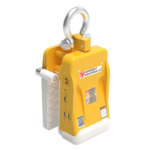
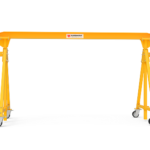
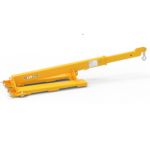
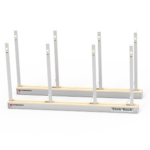
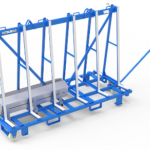

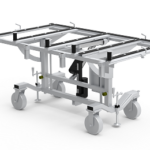
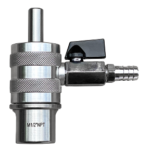
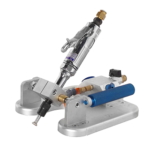


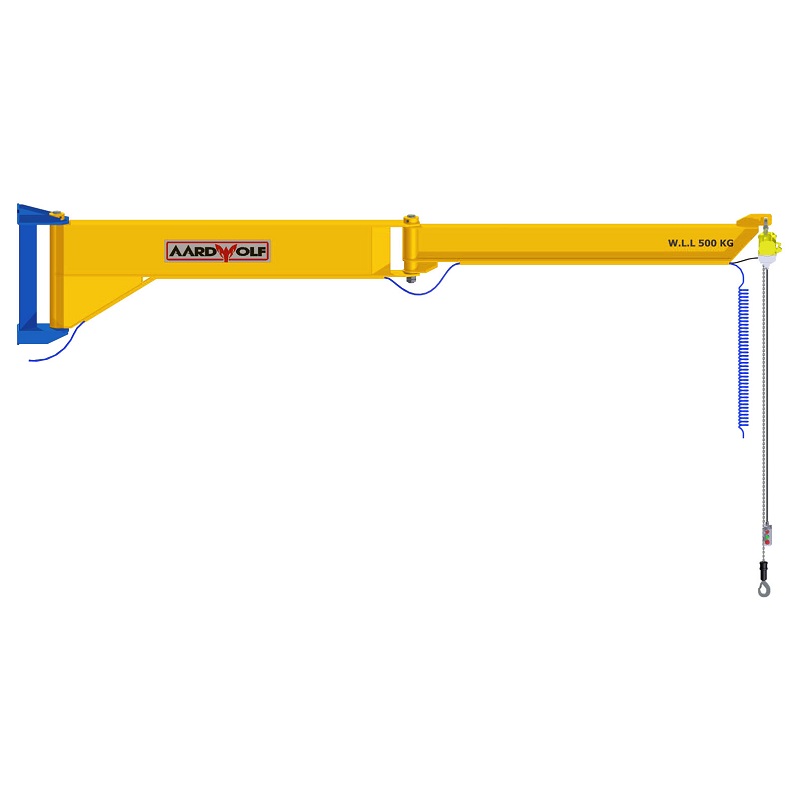
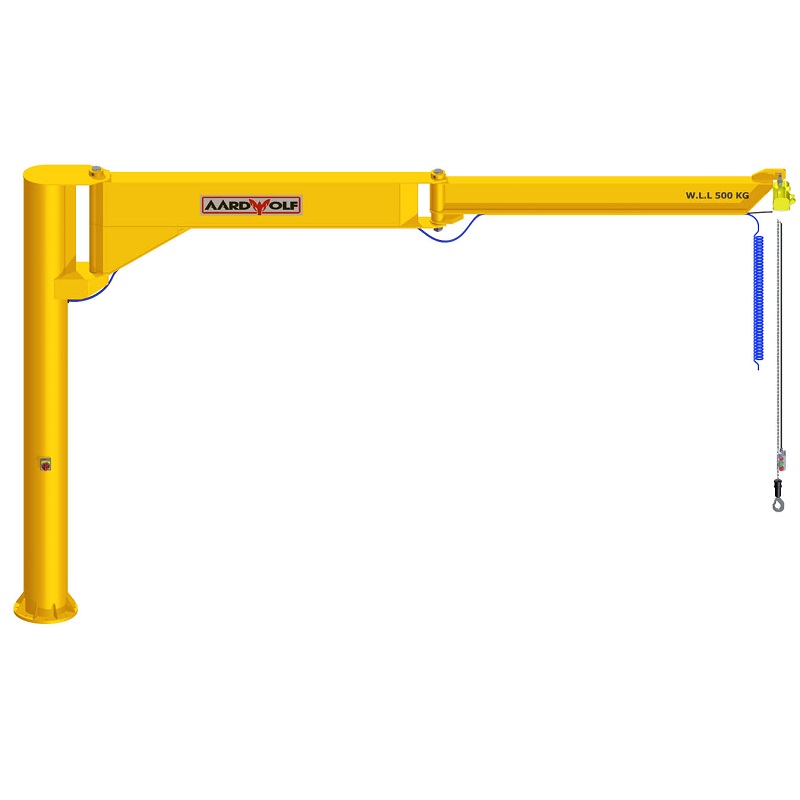
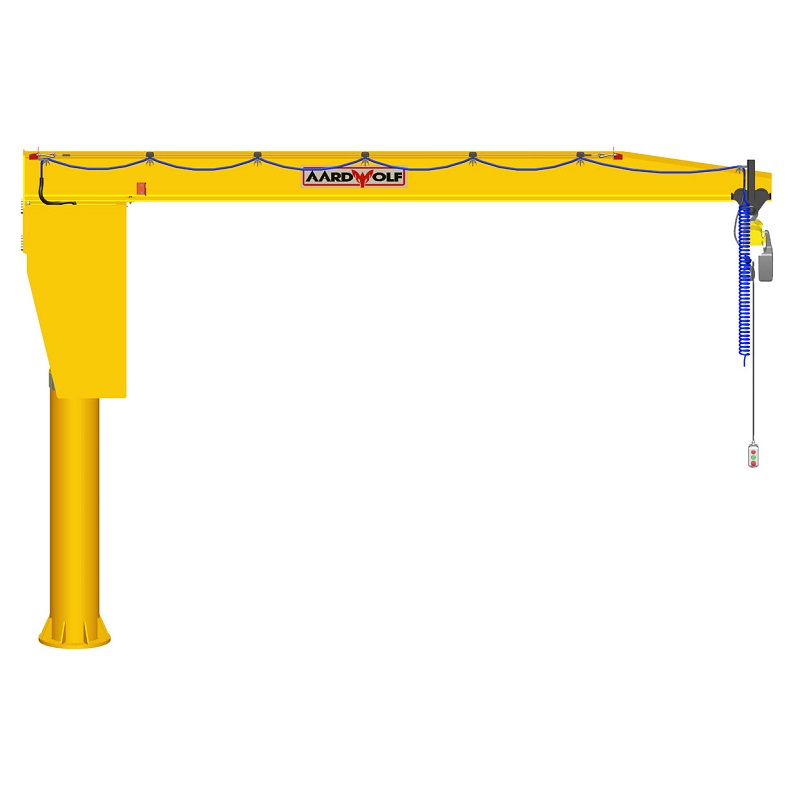

Please log in to leave a comment.